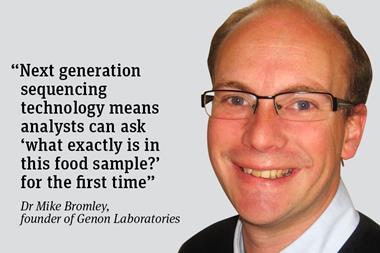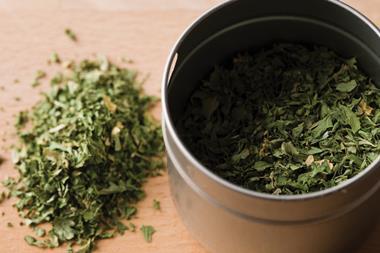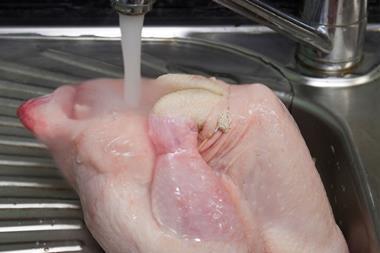With horsemeat arrests on the Continent making headlines earlier this week, food fraud is once again at the front of public consciousness.
It should be. While it is encouraging to see food fraudsters pursued so vigorously in this particular instance, successful prosecutions and convictions in food authenticity cases remain all too rare. Indeed, despite some arrests and convictions (most recently that of Dutch meat trader Willy Selten), the Horsegate jigsaw remains largely unsolved.
And a new report by Europol out this week brings home a growing challenge across Europe, and one that extends far beyond horsemeat. It warns criminal networks - increasingly operating across jurisdictions - are seizing opportunities in all consumer goods sectors, including everyday groceries.
“Today’s food fraudsters are not crude backstreet operators - they are shrewd, nimble supply chain managers”
“With improved and cheaper production methods and technology, counterfeiters have moved into the illegal production of everyday goods, endangering unsuspecting consumers,” Europol says. Cue horror stories of counterfeit batteries exploding in homes, toxic shampoos causing chemical burns, and adulterated or purposefully mislabelled foods exposing consumers to dangerous substances and putting the lives of allergy sufferers in particular jeopardy.
Even where fraudsters aren’t endangering lives, they can wreak considerable economic harm and undermine consumer trust. Italian olive oil is often cited in this context but there is growing concern around the legitimacy of Manuka honey and this week’s edition features an in-depth investigation into the muddle that is Manuka labelling. Europol also cites a Belgian criminal network that infiltrated legitimate supply chains to pass off bargain-basement wine as premium. “This [group] had significant financial resources, including several chateaux in France, front companies in Panama, and real estate investments in France and Monaco. The core members employed chemical, legal, financial and accounting experts.”
Such cases highlight just how sophisticated today’s food fraudsters are. These are not crude backstreet operators - they are shrewd, nimble supply chain managers in their own right.
Julia Glotz, Managing Editor



















No comments yet